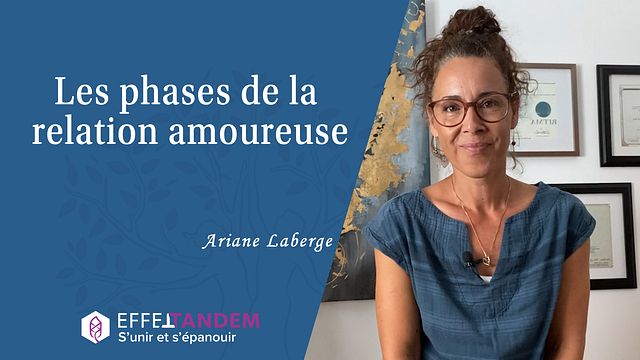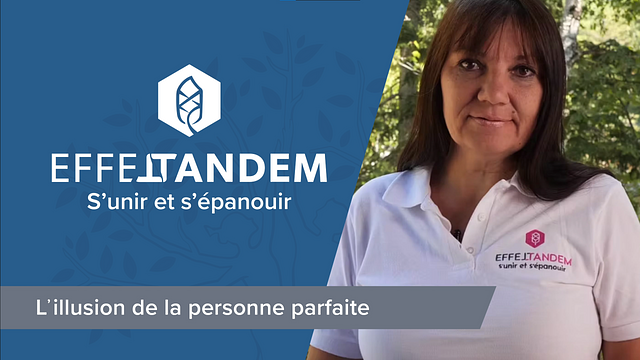Following this video, you will discover techniques that can help you avoid conflicts through good communication. If we consider that unspoken words are responsible for the vast majority of conflicts, it is in our best interest to learn to communicate.
Staying silent and hoping that time will sort things out is never the answer. It is better to lose than to lose yourself. To communicate is to say what you feel, to talk about your emotions, your fears, your needs, your dreams, your values, in short, everything that affects you, so there's no need to justify yourself or to tell your story. It is to be heard and to hear the other as well. Communication is not about talking or making noise, but about dialogue. It is not always easy to hear the other person, you have to be ready to listen without wanting to save them, advise them or even prevent them from suffering.
Another important step is validation. This is very often what we don't do. What did you understand in what I said? Because every word carries an emotion, then it is quite possible that the emotion it causes in the other person is not the same as yours.
Let's take an example. For many years, I unconsciously resented my husband for pampering me so much, for always being so pleasant and caring with me. It annoyed me and I didn't understand why. In fact, it was because I was losing my autonomy, I felt indebted and guilty for not doing as much for him. I am aware that this is not done maliciously. It's just the opposite. But I need to do my own thing and take care of my own needs because that's what also creates the sense of capability or pride in the individual.
When you go too far ahead of other people's needs, you can't take care of them anymore. Sharing this realization with him allowed me to regain my power and increase my autonomy and self-esteem. It also had the effect of solidifying the relationship, increasing intimacy and complicity.









